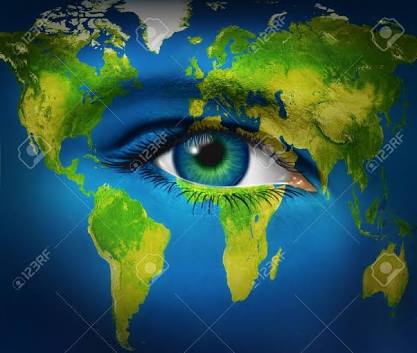BEYOND THE MEDIA MATRIX

5 YEAR SURVIVAL IN AMERICAN ADULTS |
|
|
MORE THAN 20 YEARS OF AGE |
|
|
|
|
|
|
OESOPHAGUS |
|
|
|
|
|
|
|
|
|
|
|
|
|
|
|
|
|
|
|
|
|
|
|
|
|
|
|
|
|
|
|
|
|
|
|
|
|
|
|
|
|
|
|
|
|
|
|
|
|
|
|
|
|
|
|
|
|
|
|
|
|
|
|
|
|
|
|
|
|
|
|
|
|
|
|
|
|
|
|
|
|
|
|
|
|
|
|